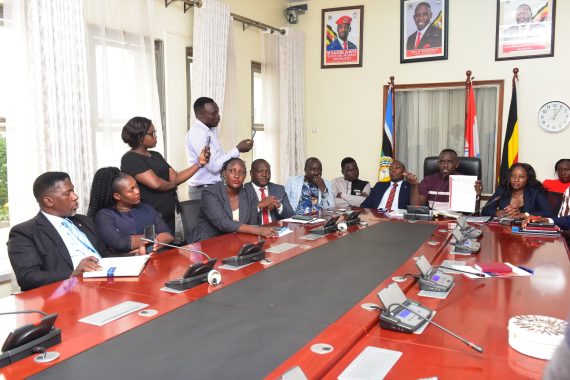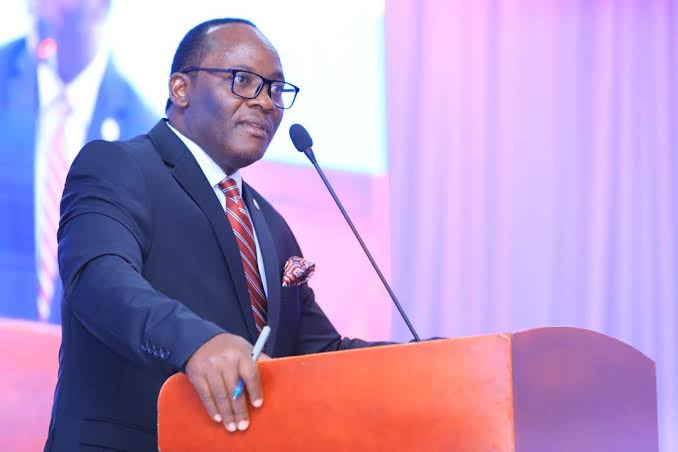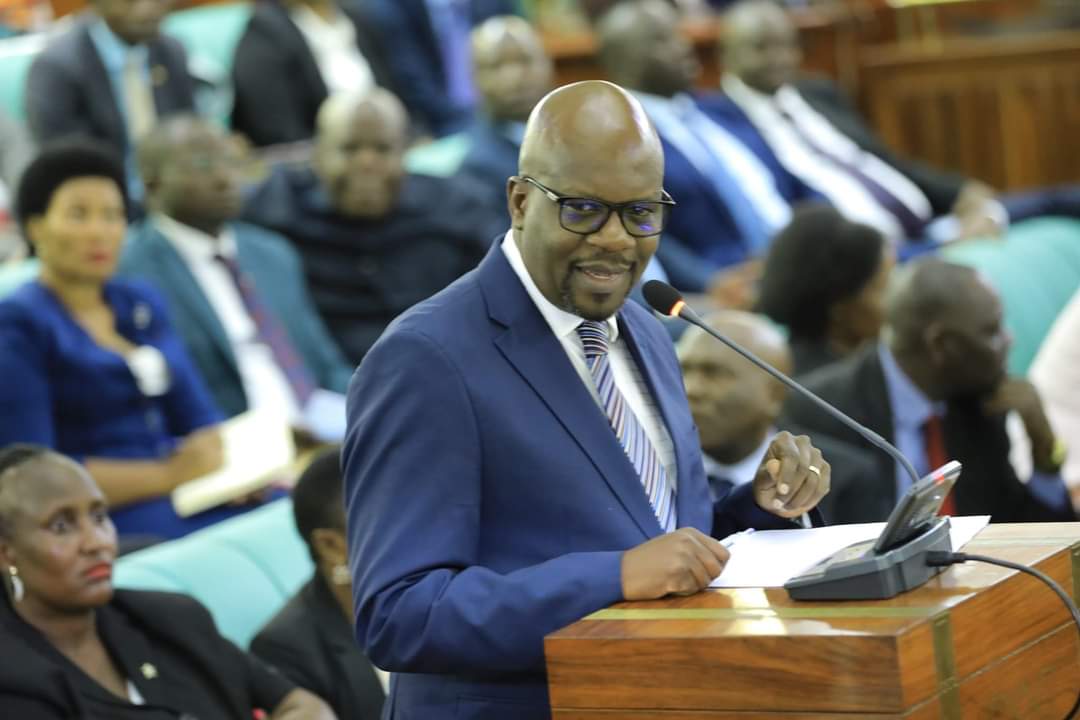It is unusual to find opposition political parties fighting reforms proposed by one of their own, but in Ugandan parliament, the clamor to shoot down proposals meant to widen the democratic space within the opposition realm is spearheaded by the opposition forces in and outside the house that would be celebrating that more people, rather than one person, are going to be involved in the decision making of how the opposition affairs are run in parliament.
It is a universal democratic principle that the more the numbers in decision making the wider the democratic space. The issues at hand, as proposed by Hon. Richard Lumu, Mityana south MP, involve the amendments seeking to:
- Provide for the election of the Leader of Opposition (LoP) by all members of the opposition in parliament.
- Provide additional grounds upon which the LoP may cease to hold office.
- Have the shadow cabinet approved by all members of opposition in parliament.
- Have the leader of opposition in parliament consult opposition political parties represented in parliament when appointing chairpersons and deputy chairpersons of standing committees of parliament.
Looking at these proposals on the face value, it is evident that a critical analysis of each proposal reveals the desire to expand the democratic participation of the political parties in opposition, rather than a single majority opposition party.

There has been a raging debate whether a leader of opposition is a representative of all opposition political parties in parliament or the opposition party with majority members in parliament. The argument is that, if the LoP is the head of opposition forces in parliament, then all members of opposition political parties must get involved in determining their leadership through a democratic electoral process.
The proposal envisages an inclusive democratic participation of all members of opposition parties in parliament, not a singular decision of one person or head of the biggest opposition party.
Naturally, as people looking up to widening the democratic space, the opposition would have been supporting this proposal; instead there is a lot of negative sentiments within the opposition. The current leader of opposition has reduced his current tenure to a person to holder level. His public utterances reflect a mindset of self-entitlement. He is oblivious of the democratic tenets of inclusive participation. Taking these proposals as a personal affront to his seat, makes a mockery of democratic principles, he ostensibly purports to espouse.
The internal squabbles in National Unity Platform (NUP) are being played out in his opposition to the amendment proposals. It is a clear cut divide representing an extension of the Mpuuga Vs Robert Kyagulanyi aka Bobi Wine tiff.
The proposed administration of parliament bill, 2024, seeks to provide additional grounds upon which the LoP may cease to hold office. During the tenure of Mpuuga as leader of opposition, NUP sought to defrock him unilaterally, but ran in headwinds because it was realized that its role stops at nominating a LoP and commissioners, but not their removal. Ideally, this would be a cogent reason, but Ssenyonyi and opposition members read mischief in it.
Part of the accusations leveled against Mpuuga for the sh500m service award, could not stand the test, since it was anchored in the rules of parliamentary budgeting under the powers of commissioners to allocate funds.

The unilateral decision of leader of opposition in appointing the shadow cabinet and commissioners without an input of other members of opposition parties in parliament does not portray participatory democracy. This bill seeks to involve members or at least the leadership of these parties. Currently, it is the biggest opposition party with majority members that picks the cabinet, the rest must contend with whatever is offered.
This also applies to the appointment of chairpersons and deputy chairpersons of standing committees of parliament. There are no clear guidelines as to how these members are picked, their competences, experience and public standing. Sometimes, the appointment is skewed against some regions, gender, religion, and party affiliations. Some parties are more favored than others.
The politics of intrigue is playing out to the detriment of otherwise good proposals, where offices are personalized and each attempt to offset the status quo is seen as a direct attack at an individual occupying that particular office. This explains why Hon. Lumu is portrayed as a mole as a result of the proposed amendments. Ssenyonyi is up in arms as a personal fight, not as a genuine attempt to streamline parliament administration.
Hon. Norbert Mao, Minister of Justice and Constitutional affairs, has proposed a raft of constitutional amendments, which are being fought by the same opposition members who would have looked at them as a positive contribution to the rule of law. A lot of suspicion among the opposition ranks has made them look bad.




